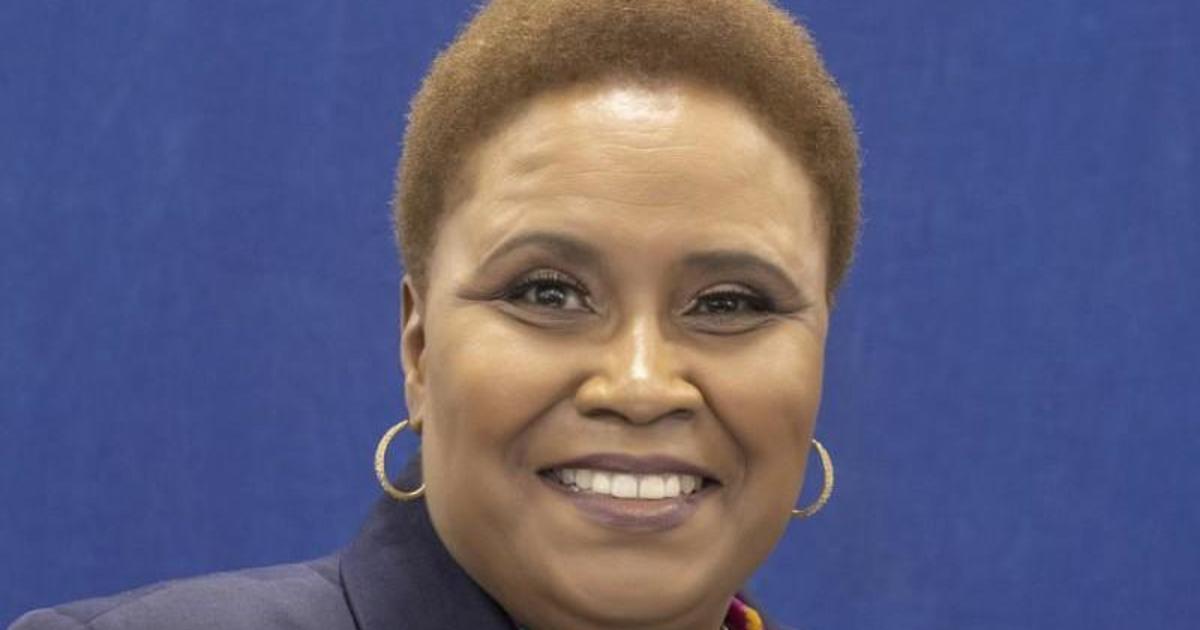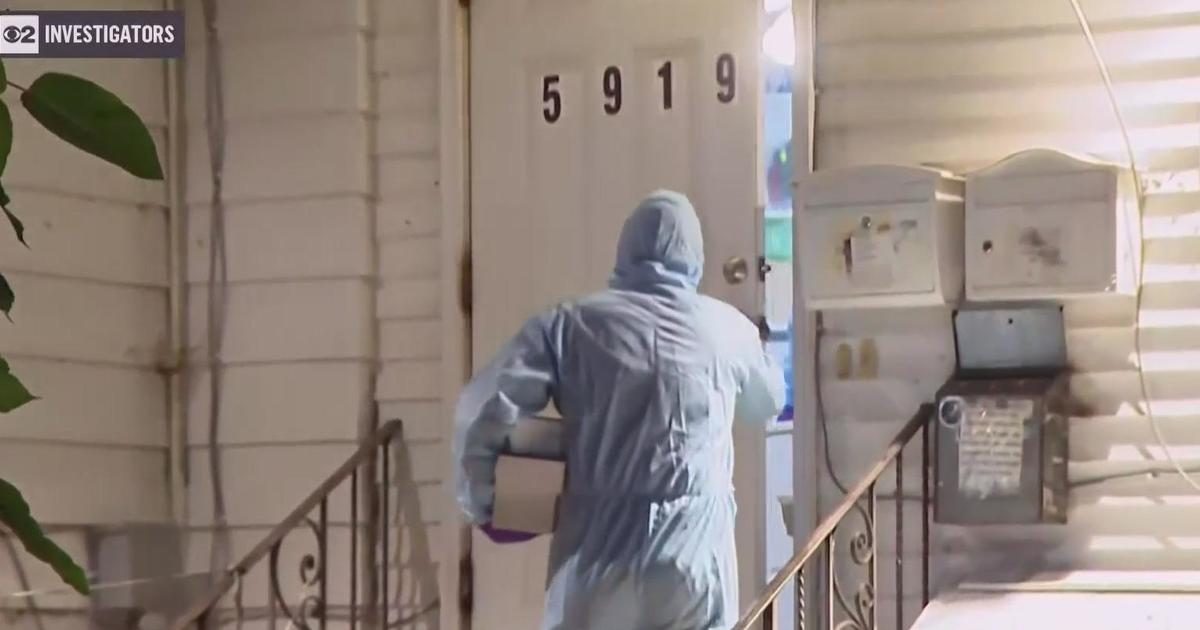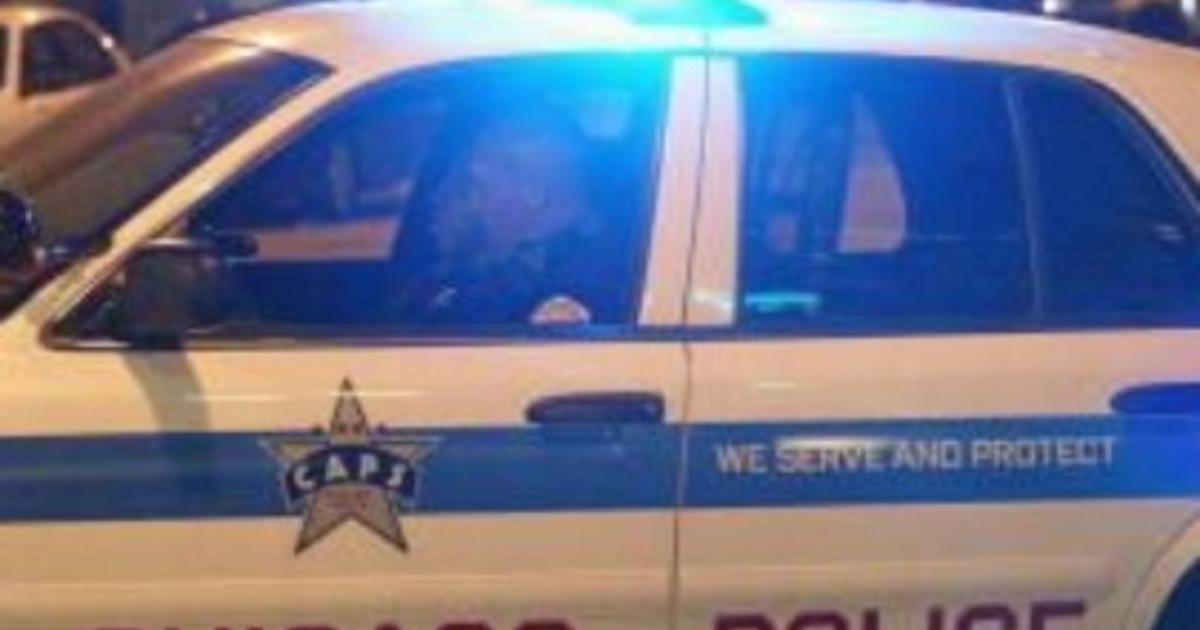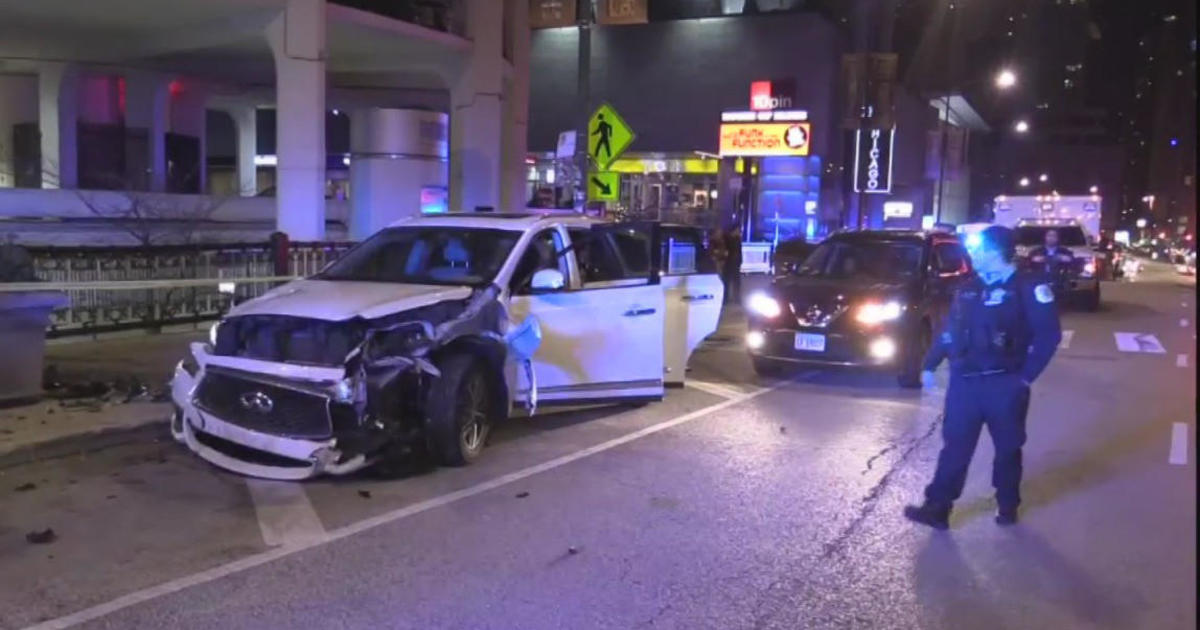Some Chicago Cabbies On Strike As New Rules Take Effect
Updated 07/02/12 - 1:20 p.m.
CHICAGO (CBS) -- Despite the call for a strike during Monday's morning rush, many cab drivers were still picking up fares.
WBBM Newsradio's Brandis Friedman spoke to some of the cabbies who joined the strike, and some who kept working all morning.
At a cab stand outside the Chicago Cultural Center, cabbie Mohamed Ali tried to encourage more of his colleagues to join a strike during Monday morning's rush. He held his crossed arms in the air, urging cabbies to stop working.
"We are not enslaved. We are not working for the company. We have to have enough money to support our families," he said.
LISTEN: WBBM Newsradio's Brandis Friedman reports
Podcast
A few other cab drivers joined him and members of the United Taxi Drivers Community Council – which represents about 2,000 of the city's 14,000 cabbies – in striking during the Monday morning rush, to protest new taxi regulations.
An ordinance making a $1 passenger fuel surcharge permanent went into effect on Monday, but new regulations also restrict cabbies to working no more than 12 hours a day, excluding breaks.
Cab companies are also required to keep more detailed records regarding drivers and their schedules. Companies will also be held responsible for traffic violations. The city will publish a weekly list of suspended, denied and revoked licenses for cab drivers.
The new regulations also increase the cost to drivers who lease cabs by up to 30 percent, but does not increase fares for cabs in Chicago.
LISTEN: WBBM Newsradio Political Editor Craig Dellimore reports
Podcast
Even though many cabbies did not take part in the strike, organizers called it a success.
Peter Enger, secretary of the United Taxidrivers Community Council, acknowledged people on Michigan Avenue were finding cabs on Monday. He said the same couple dozen non-striking drivers were circling the area, but he said a high percentage of the city's cab drivers honored the 6 a.m. to 11 a.m. strike on Monday.
"We heard a report that O'Hare Airport was completely empty – the staging area at 7 o'clock this morning. The chairman of our organization, Fayez Khozindar, reported that he had been detained by the authorities out there for some reason. We don't know why, and we haven't heard from him since," Enger said.
At the nearby Sheraton Chicago Hotel & Towers, the wait for a cab did seem longer than usual Monday morning, but city officials said the strike did not result in any service disruption in the city or at the airports.
Drivers say the new rules increase their costs, without raising fares to help them make a profit. Ali said the new rules benefit only the cab companies, and hurt the drivers' bottom line.
"We don't have to do whatever the city tells us, because the city, they are enforcing the law for the companies, not for the drivers," Ali said.
But many other drivers still picked up fares and moved on.
"I am driving today. I have no options, because I have to put food on the table of my family," Ilyas Sayed said.
Even so, Sayed said he supports what the striking drivers stand for.
"These are 14,000 people who have no medical insurance, who have no benefits other than driving cabs, who have no healthcare, who have no plans for retirement," he said. "Everything benefits the big affiliations, nothing comes to the driver."
Bill Burns, a taxi driver for 38 years, said drivers did not want a strike, they just want real dialogue with city officials and the cab companies.
"Those of us in this taxi industry, and I include myself, will be forming a coalition of those people that are left out – be it the disability people, be it the small owners, or whatever," Burns said.
Enger said there will be more strikes after Monday's job action.
"This is strike one. We want to send a lesson to Mayor Rahm Emanuel. Strike two and strike three, then you're out," he said.
Last week, Fayez Khozindar, chairman of the United Taxi Drivers, said cabbies plan to stage a strike every Monday between 6 a.m. and 11 a.m. He said he hopes half the city's drivers will take part. He said most drivers need to work 8 hours a day, just to break even by making enough money to pay the cost of their lease and fuel, before they start seeing any money for themselves.
City officials say the new rules were designed to clean up the industry, but drivers say it makes it increases their costs without also increasing their income.
Cabbies have tried to stage strikes before, but because they are independent contractors, many have declined to participate.
Back in February, the city's Department of Business Affairs and Consumer Protection and Ald. Anthony Beale (9th), who chairs the City Council Transportation Committee, said a hearing on the fare hike request will be held after the new regulations take effect. At that point, that date was six to seven months in the future.
The new taxi regulations also include a limit on the age of vehicles that can be on the roads, by lowering the maximum number of miles on a newly-converted taxi to 75,000 from 150,000.
Also, on-the-road training will be required before cab drivers are licensed and driving records will be reviewed more than once a year.



